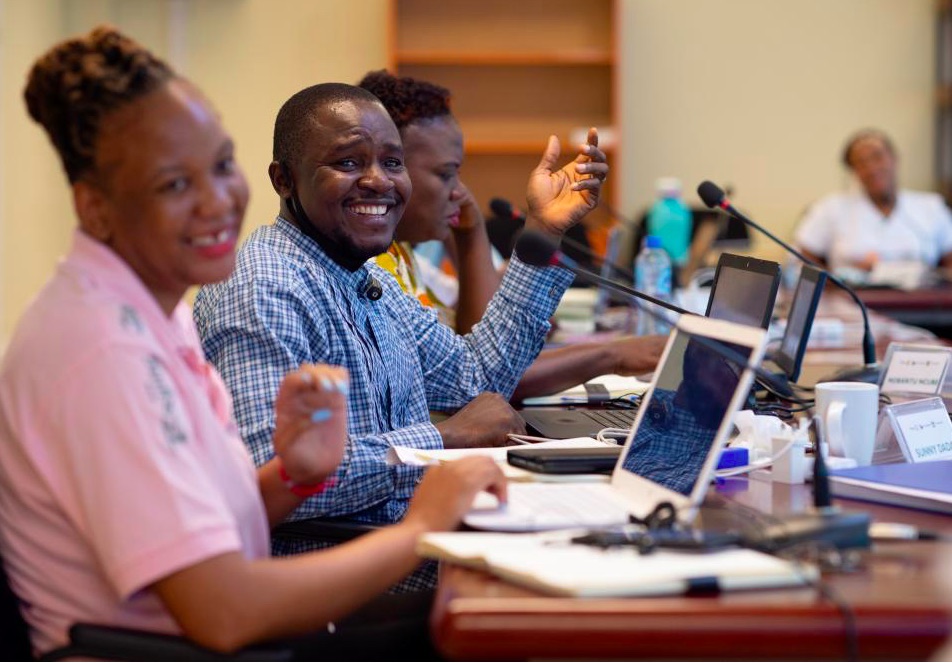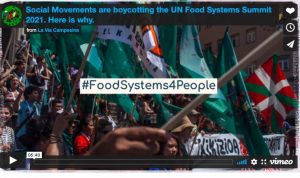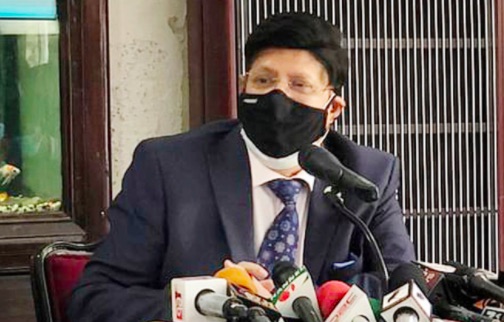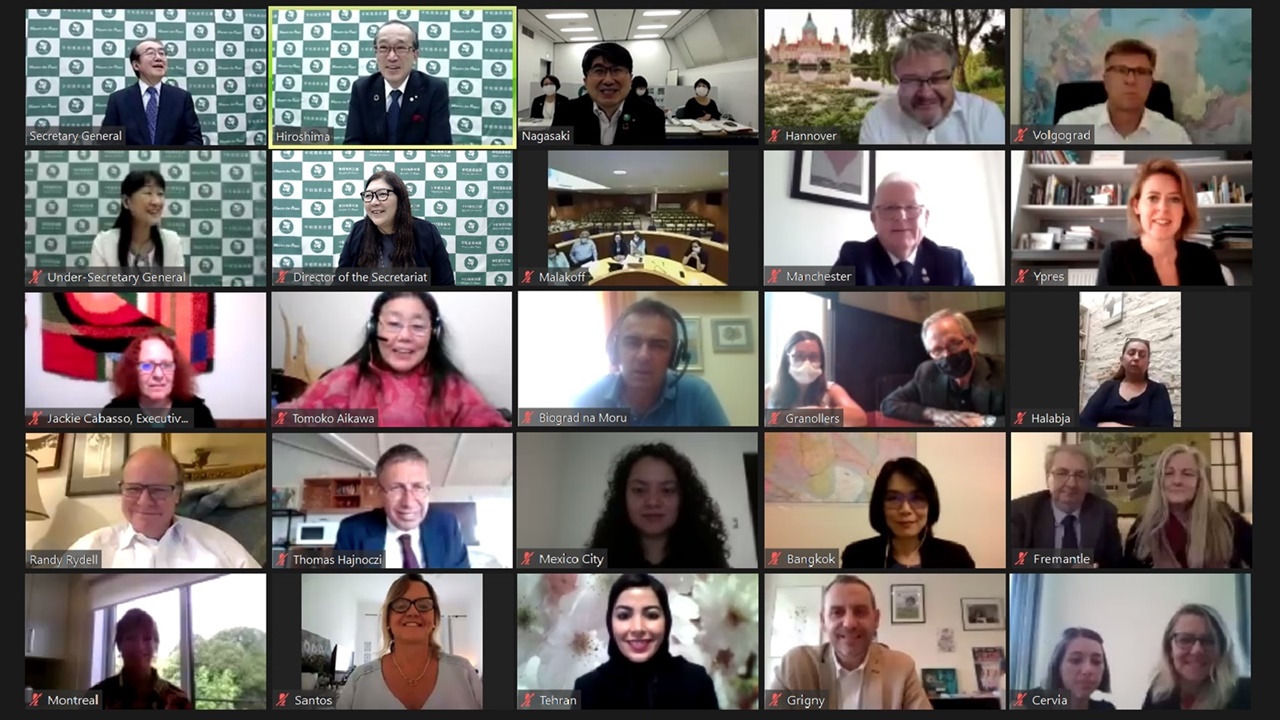. TOLERANCE & SOLIDARITY .
Excerpts from an article by Jeff Ruby on the website of Rotary (abridged)
In the last week of February, in Kampala, Uganda, 15 Rotary Peace Fellows gathered at Makerere University for the inaugural session of Rotary International’s new peace center. Among them, the peace center’s first cohort represented 11 countries and spoke, in addition to English, a dozen African languages, including Luganda, Swahili, and Zulu. “Coming from diverse backgrounds, and yet with a shared desire for peace in Africa, they are the epitome of unity in diversity,” said Anne Nkutu, a member of the Rotary Club of Kampala Naalya and the host area coordinator for the Makerere University peace center.

Photography by Tobin Jones
With an average age of 40 when they were admitted to the program, the fellows are not novice peacemakers. These are established professionals with a minimum of five years of experience in peace and development. They arrived at Makerere University — home to an established program in peace and conflict studies — already working on an initiative, or with an idea for one, that promotes peace or social change within their workplace or community. “The fellows are more interested in the practical side of peacebuilding,” said Helen Nambalirwa Nkabala, the director of the peace center. “They want to see how things are done, as opposed to our regular students, who are more interested in the theoretical aspects. So the fellows come off as, and indeed are, change agents.”
Prior to arriving at Makerere, the peace fellows began their studies with a two-week online session, the first stage in Rotary’s new yearlong certificate program in peacebuilding, conflict transformation, and development. (The peace center at Chulalongkorn University in Bangkok, which previously offered a three-month version of the certificate program, has also adopted this new model.) Following the 10-week session in Kampala, they will return home to begin implementing their social change initiatives, checking in periodically with their instructors and fellow students. They will return to Makerere in early 2022 to complete the program.
Earlier this year, as they prepared to depart for Kampala, Rotary magazine spoke with six of the peace fellows via Zoom and WhatsApp. The conversations were a crash course in African history and politics. They were also an inspiration, offering a glimpse of the possibilities that lie ahead for Africa once these peace fellows — and those to follow in the years ahead — complete their studies at Makerere and disperse across the continent to share what they have learned.
The 10-week session in Kampala “enabled the peace fellows to network and share experiences in and out of class,” says Helen Nambalirwa Nkabala, the peace center’s director.
Patience Rusare
. . . . As a journalist in Zimbabwe, Patience Rusare used her reporting to help shape public policy toward just and equitable ends . . . . Rusare is an editor and a senior political journalist for The Patriot, a newspaper based in Harare. In 2013, after years of writing business stories, she changed her focus. She began covering conflicts, whether political crises in Lesotho and Mali in 2014 and 2015, hostile Ugandan elections in 2016, or a coup d’état in her native Zimbabwe in 2017, often tracing underlying issues back decades to explain the current climate.
“People were not making informed decisions,” Rusare says. “And that lack of information can make people desperate and easy to manipulate.” As she wrote in an unbiased manner, she began to see a direct correlation between the information in her stories and public policy. In Lesotho, Rusare says, mediation from a Botswana-based intragovernmental organization called the Southern African Development Community led to a resolution that was influenced by a story that she had written for The Patriot. “I feel like I really made positive change in the world there,” she says. “They have some lasting peace in Lesotho.”
I want my children to grow up in an environment where all people love each other regardless of the ethnic groups they belong to. They will know that we are all diverse, but we are all one. . . .
Peter Pal
. . . .As a community educator for the Victorian Electoral Commission in southeastern Australia, Pal is trained in peacebuilding and diplomacy. “The electoral process is critical for good government, for choosing the right leadership and learning to exercise democracy,” he says. “People have the right to make the final decision about what’s right for them.” When he heard about the Rotary Peace Fellowship, he recognized an opportunity to use his skill set on a global level — and take it back to his home country nearly 8,000 miles away.
Now living in Australia, Peter Pal plans to return to South Sudan on a peacebuilding mission. . . .
As part of his social change initiative, Pal plans to engage with professional peacebuilders to explore alternative dispute resolution. Of particular focus is the need to restore dignity for the most vulnerable victims of South Sudan’s continued crisis: mothers and children. “Ignorance continues to dehumanize them in Africa,” Pal says. “Women continue to give birth to children who don’t really flourish. And though they’re not part of the politics, they are the ones who suffer when people die in a reckless war.”
Despite all that Pal has experienced, he remains hopeful. And why not? Twenty years ago, he escaped a violent civil war in Africa, and now he has returned on a peacebuilding mission. “If we are not optimistic, we will all be stuck focusing on what’s in our own hand rather than looking into alternatives that can be applied for the betterment of all society,” he says. “Not just in South Sudan, but for Africa and the world.”
(continued in right column)
Question related to this article:
Youth initiatives for a culture of peace, How can we ensure they get the attention and funding they deserve?
(continued from left column)
Jew Moonde
. . . . For nearly half his life, the Lusaka native has been a consultant with the Zambia Center for Inter-Party Dialogue (ZCID); working with this Lusaka-based NGO, he’s dedicated to building an infrastructure to ensure free and fair elections, whether by meeting with politicians to sensitize them to the gender imbalance or training people on how to manage conflict in the electoral process. After two decades, many of ZCID’s legal reform proposals have been passed into law by parliament.
But getting women involved in the political process is only part of Moonde’s mission. He wants to get the younger generation on board, too. “Politics is predominantly for old folks in Zambia,” says Moonde, who has degrees in psychology and peace and conflict studies. “Unemployed youths are the implementers of violence, and they’re also the victims.” To engage them, ZCID focuses on social media outreach and youth-oriented community radio stations; it also helps young people develop skills that might one day help them find a rewarding career. “If you want change to come, empower people with the knowledge that they have the right to something,” says Moonde.
If all goes as planned during his peace fellowship, Moonde wants to acquire the knowledge to help transform ZCID into a statutory body: a permanent peace structure that provides an official platform for dialogue and mediation in Zambian politics. “I start hearing politicians talking and youths talking, exercising their rights to expression,” says Moonde. “It shows us that what we do has an impact on people. No one will help Zambians unless they do it themselves.”
Paul Mushaho
. . . . After establishing an enterprising Rotaract club in a refugee camp in Uganda, Paul Mushaho now envisions using the skills acquired at Makerere to accomplish even greater things.
Soon, with an assist from the American Refugee Committee (known today as Alight) and Rotary clubs in Uganda and Minnesota, Mushaho was launching his own Rotaract Club in Nakivale. Its members have taught farming and masonry skills, planted trees, established a women’s community center, and delivered blankets and mattresses to people who have taken in orphaned children. “I tell them: All we have given you is a sign of appreciation for all you do in the community,” Mushaho says.
A charismatic 29-year-old, Mushaho has an almost supernatural ability to find ways to help. When he saw that the camp’s elderly population found themselves marginalized, he organized lunches where they could share their experiences as former diplomats, engineers, teachers, and doctors. When he noticed that young refugees of different nationalities weren’t interacting, he helped organize a soccer tournament. More recently, Mushaho’s team made and delivered 14,000 masks and 8,000 bars of soap to slow the spread of COVID-19 in Nakivale. “I see people who are happy, simply by receiving what they are supposed to get,” says Mushaho. “We are creating hope in people who have lost their hope. . . .”
Catherine Baine-Omugisha
. . . . A Kampala attorney specializing in conflict resolution, Catherine Baine-Omugisha wants to focus on the prevention of domestic violence.
With her composed demeanor and pragmatic approach, Baine-Omugisha rose through the male-dominated world of law in Uganda, serving as a magistrate, a lecturer, a technical adviser in the Ministry of Justice and Constitutional Affairs, and, currently, a private practitioner with her own consulting firm in Kampala.
. . . .In 2000, while serving as a magistrate at Masaka Chief Magistrate Court in southern Uganda, Baine-Omugisha joined a pilot program called the Chain Linked Initiative; to enhance access to criminal justice, it encouraged collaboration among police, prosecutors, prisons, probation officers, welfare agencies, and the judiciary. The program worked so well that it was rolled out nationwide. . . . .
Now she is hoping her fellowship will enable her to apply that spirit of cooperation on a larger scale. . . . .
Fikiri Nzoyisenga
. . . . . Nzoyisenga survived an unstable childhood that included civil wars in Burundi and Democratic Republic of the Congo (where he lived for five years), went on to study law, and began volunteering for women’s empowerment organizations. It was only a matter of time before he became a community organizer. Through Spark MicroGrants, he led programs that empowered nearly 3,000 households from more than two dozen villages across Burundi. With Semerera, a team of 14 has assisted more than 8,200 women and girls through socioeconomic initiatives, leadership empowerment, and free legal support to victims of abuse and discrimination. . . . .
After completing his Rotary fellowship, Nzoyisenga plans to expand his work to two more provinces of Burundi, where he will mentor other young people through campaigns around peaceful cohabitation, cohesion, and human rights. “My father taught me tolerance and acceptance, and respecting others no matter their differences,” he says. “In time, we hope more men and women in Burundi will come to understand that things need to change. . . .”
Meet the other Makerere Peace Fellows
Olusina Ajao
Nigeria; security and crisis management
Eleanor Curl
United Kingdom; psychosocial support and trauma treatment
Sunny Dada
Nigeria; conflict transformation and violence prevention
Ronald Kasule
Uganda; disability rights and inclusion advocacy
Pinkie Mothibedi
Botswana; community empowerment and social justice
Stephen Sempande
Uganda; youth protection and social service development
Thomas Sithole
Zimbabwe; media and information literacy
Nobantu Taylor
Liberia; civil society engagement and skill-building
Amina Warsame
Somalia; gender equality and human rights policy
















